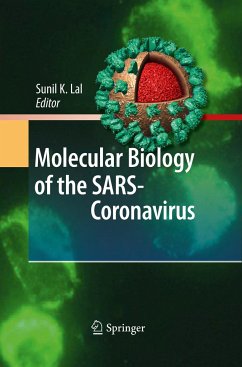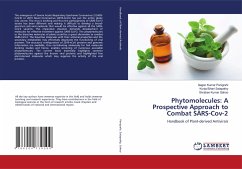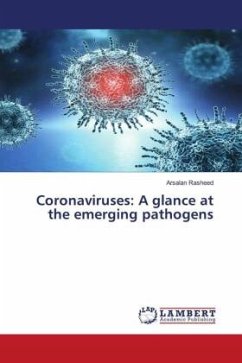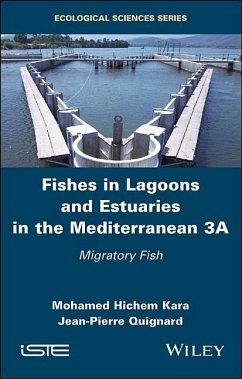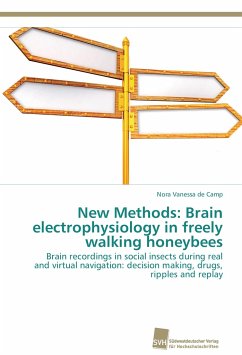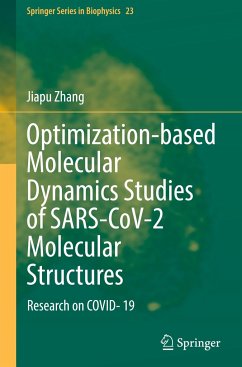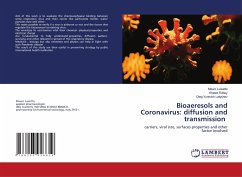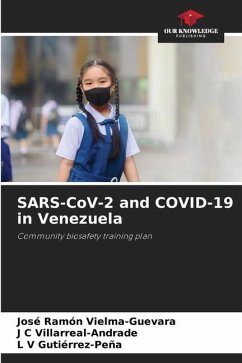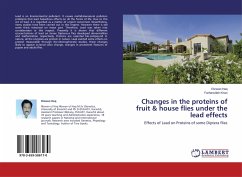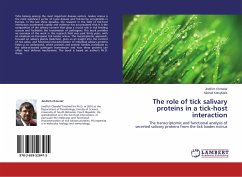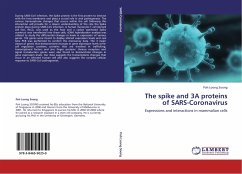
The spike and 3A proteins of SARS-Coronavirus
Expressions and interactions in mammalian cells
Versandkostenfrei!
Versandfertig in 6-10 Tagen
39,99 €
inkl. MwSt.

PAYBACK Punkte
20 °P sammeln!
During SARS-CoV infection, the Spike protein is the first protein to interact with the host membrane and plays a crucial role in viral pathogenesis. The various transcriptome changes that occurs within the cell following this interaction will provide for a clearer understanding of the role the Spike protein plays during SARS-CoV infection. A human monocytic T cell derived cell line, HLCZ, was used as the host and a codon optimized Spike construct was transfected into these cells. cDNA hybridization analysis was utilized to study the differential changes in levels in expression of various genes...
During SARS-CoV infection, the Spike protein is the first protein to interact with the host membrane and plays a crucial role in viral pathogenesis. The various transcriptome changes that occurs within the cell following this interaction will provide for a clearer understanding of the role the Spike protein plays during SARS-CoV infection. A human monocytic T cell derived cell line, HLCZ, was used as the host and a codon optimized Spike construct was transfected into these cells. cDNA hybridization analysis was utilized to study the differential changes in levels in expression of various genes. 102 genes were found to display altered expression levels and real time PCR was performed to confirm the microarray data. The 3 major classes of genes that demonstrated changes in gene expression levels were: cell regulation proteins; proteins that are involved in trafficking; transcriptional factors and zinc finger proteins. Various receptors and signal transduction genes were also found to demonstrate changes in gene expression levels. Our data suggests the transcriptome changes that occur in an infected human cell and also suggests the complex cellular response to SARS-CoV pathogenesis.



